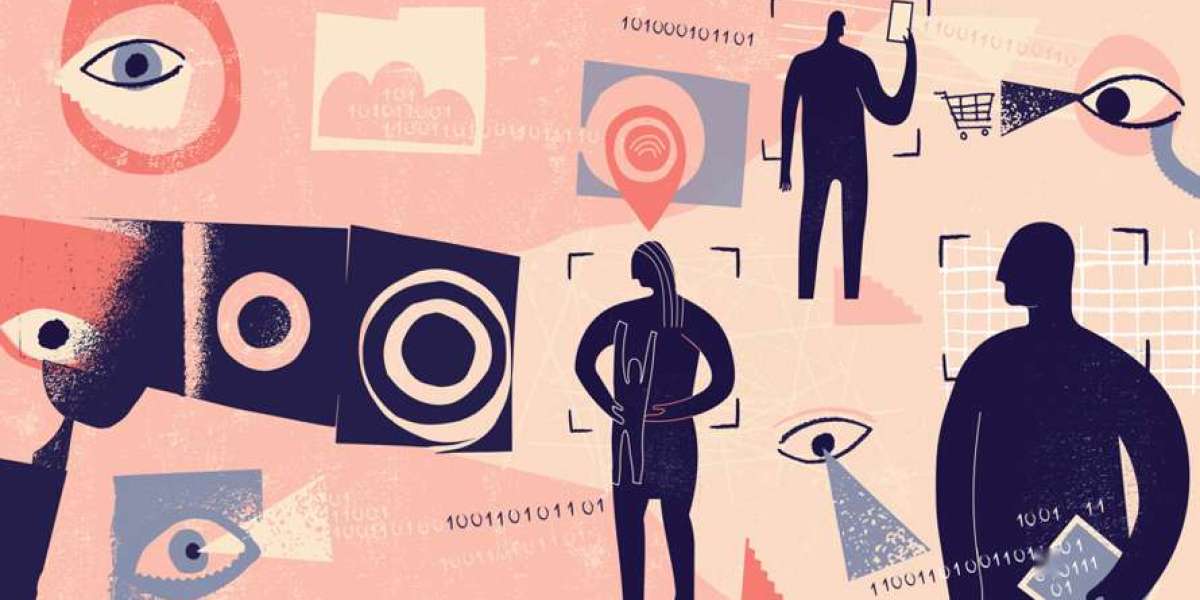VPN Limitations and Expectations
VPNs promise digital invisibility and access miracles
but reality rarely matches the marketing hype
Many users grab VPN apps seeking anonymous browsing
unaware of fundamental limitations in the technology
TechRadar's ongoing testing reveals providers exaggerating capabilities
while surveys expose dangerous knowledge gaps
Shockingly, 30% of their readers still cling to the anonymity myth
despite 97% claiming VPN familiarity
This disconnect persists even among tech-savvy audiences
VPNs certainly enhance privacy in specific scenarios
masking locations and encrypting connections effectively
Streaming geo-blocks often crumble before them
gaming connections stabilize through rerouted traffic
Yet absolute anonymity remains pure fantasy
Providers themselves see your traffic
legal requests can unveil identities
and sophisticated tracking still pierces the veil
The core issue isn't VPN usefulness
but dangerously inflated expectations
Users deploy tools without understanding boundaries
creating false security in a monitored world
VPN services primarily function through two mechanisms: masking your true IP address and encrypting your internet traffic.
This encryption scrambles data during transmission, shielding your online movements from unwanted observers.
It enhances privacy by minimizing visible digital traces.
Anonymity arises indirectly by reducing links between your identity and your actions online.
Remember: privacy and anonymity are distinct concepts that sometimes intersect.
You can maintain privacy without anonymity—like using a personal social media account under your real name.
However, achieving anonymity inherently requires privacy safeguards.
Unlike privacy—a legally protected human right—anonymity lacks equivalent universal recognition.
While VPNs boost both privacy and anonymity, neither feature becomes absolute.
Ever wonder about the nuances between these layered protections?
TechRadar’s reviewers currently favor NordVPN, applauding its strong security, fast connections and wide global server list — check their full review or current deals for details.
A VPN gives meaningful online protection: it encrypts the data you send and receive and shields you on risky public Wi‑Fi networks, making it harder for attackers to eavesdrop or tamper with your traffic.
Another core function is IP masking: your traffic is routed through a VPN server, which hides the numeric IP address that helps identify your device and approximate location.
That IP-masking unlocks practical benefits, such as accessing streaming libraries restricted by country, getting around some forms of government censorship, and helping gamers avoid targeted DDoS disruption.
However, a VPN is not a magic cloak of total anonymity.
While it hides packet contents and replaces your IP, it doesn’t automatically remove or encrypt all the surrounding metadata — the contextual signals about your activity.
Metadata can include device type, OS and browser fingerprints, timestamps of connections, who you contacted or connected to, packet sizes, and other non-content details.
Modern analytics and AI can infer a lot from patterns in metadata, and that kind of information is increasingly used by investigators and surveillance systems.
Very few services aim to tackle metadata leakage. For example, NymVPN uses mixnet-style routing to try to obscure metadata, and Mullvad has been developing tools (like Daita) to reduce metadata exposure.
Even with a VPN, logging into social platforms or accounts tied to your identity will link activity back to you, so account-level behavior remains a weak point for anonymity.
Also note: some VPN apps add malware, tracker or ad-blocking features, but these are not a substitute for dedicated anti-malware or endpoint protection — use a reputable antivirus to complement your VPN.
In short: a VPN is a powerful privacy and security tool, especially on public Wi‑Fi and for bypassing regional limits, but it does not guarantee absolute anonymity on its own.
VPN Limitations and Benefits
VPN Reality Check: Understanding the Limits of Virtual Privacy
Many internet users harbor misconceptions about what a Virtual Private Network (VPN) can actually accomplish. Despite popular belief, VPNs cannot deliver complete anonymity in the digital landscape.
What VPNs actually provide is a significant enhancement to your privacy toolkit. They effectively mask your IP address and encrypt your connection, creating a more secure tunnel for your data to travel through. This added layer of protection helps minimize tracking by websites, advertisers, and potentially your internet service provider.
For travelers, streaming enthusiasts, and privacy-conscious individuals, VPNs offer practical benefits worth considering. They can help bypass geo-restrictions, secure connections on public WiFi, and reduce some forms of digital fingerprinting.
Premium VPN services typically provide stronger security features, more server options, and better performance than their free counterparts. However, if budget constraints are a concern, several reputable free options exist with reasonable privacy protections, though they often come with limitations like data caps or fewer server locations.
It's crucial to maintain realistic expectations about what these tools can achieve. VPNs represent just one component of a comprehensive digital privacy strategy, not a complete anonymity solution. Other factors like browser settings, account logins, and online behaviors continue to create identifiable patterns regardless of VPN usage.
Remember that legitimate uses for VPNs include protecting your data while traveling, accessing content libraries from different regions (where permitted by terms of service), and enhancing general privacy practices. Using these services for illegal activities is neither recommended nor protected.
Why People Need VPN Services to Unblock Porn
Why People Need VPN Services to unblock porn, many individuals use VPNs to conceal their real IP and encrypt their internet sessions so they can reach adult sites blocked by location, workplace networks, or ISP policies without exposing their identity. Porn unblocked, often called unblock porn, refers to adult content that becomes accessible after such measures bypass regional restrictions, filters, or censorship so users can view material otherwise blocked.
Why Choose SafeShell VPN to Access Adult Content
For those seeking to access region-restricted porn content through reliable porn unblock methods, the SafeShell VPN presents a highly effective solution. This service specializes in helping users overcome geographical barriers to freely explore diverse adult websites that might otherwise be inaccessible in their location.
SafeShell VPN offers distinct features that make it ideal for unblocking porn sites. Its innovative App Mode allows simultaneous access to content libraries from multiple regions, eliminating the need for constant server switching. Coupled with its proprietary ShellGuard encryption protocol, the VPN ensures your activities remain completely private and undetectable, shielding you from ISP surveillance and sophisticated blocking technologies while maintaining lightning-fast streaming speeds essential for uninterrupted HD content.
Furthermore, SafeShell VPN provides comprehensive multi-device support, securing connections on up to five devices at once across various platforms like Windows, macOS, iOS, Android, and smart TVs. This extensive coverage, combined with its reliable ability to unblock porn sites globally, ensures consistent high-speed access and robust privacy protection for all your browsing sessions, delivering a seamless and secure experience.
How to Use SafeShell VPN to Unlock Porn Sites
To use SafeShell VPN for accessing region-restricted adult content, begin by visiting the official SafeShell VPN website to create an account and select a subscription plan that meets your needs. After completing the registration process, download the appropriate application for your device - whether it's a smartphone, tablet, or computer. Once installed, launch the SafeShell VPN app and log in using your newly created credentials. Before connecting, navigate to the settings menu and ensure that the App Mode feature is activated, as this provides optimal performance and unrestricted access capabilities.
Next, open the server selection menu within the SafeShell VPN interface and browse through the available locations. For accessing specific regional adult content, choose a server located in the country where that content is legally available. After selecting your preferred server, click the connect button and wait for the connection to be established - this typically takes only a few seconds. Once connected, open your browser and navigate to your desired adult websites. You'll now have complete privacy and anonymity while browsing, with your actual location and identity shielded by SafeShell VPN's secure encryption protocols.








